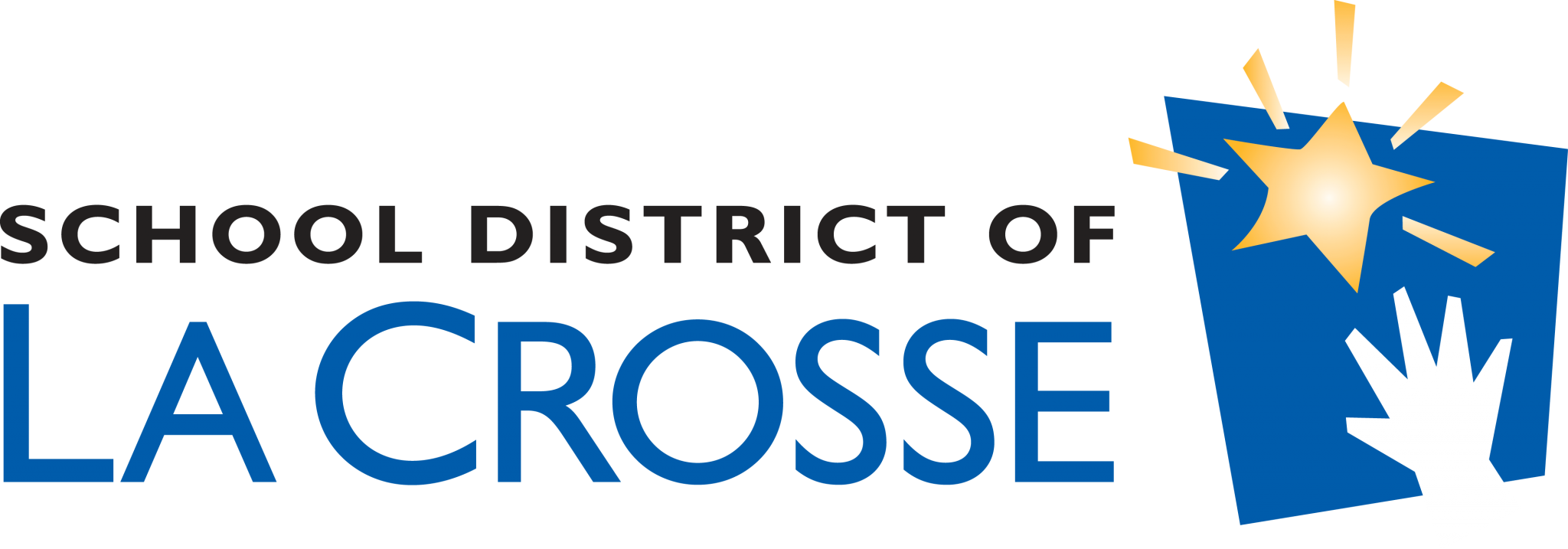Concerns about Following Directions or Rules
Considerations when Supporting Youth
- Stay calm – this is your superpower. Losing your cool is likely to escalate and intensify any situation.
- Be clear and consistent with the rules, expectations, and directions. Keep it simple and give options when you are able.
- When the youth is calm, explain the options available to them and the outcome of each option. Be sure that the options provided are developmentally appropriate and realistic.
- Provide an option for a break if appropriate and needed.
- Give them a set amount of time to make a choice. A visual timer for children who cannot yet tell time can be a helpful tool in your toolbox during these situations.
- Give youth space to decide, and praise them if they make an appropriate choice.
- When giving verbal praise, be specific and tell the youth precisely what you observed. For example, practice using language like “I really like how you put your clothes away after hearing my direction.” Using specific descriptions increases the likelihood of the positive behavior continuing in the future.
- Choose your battles. Don’t waste your energy on power struggles that don’t have a purpose.
- Do not take things personally.
- Take breaks as you need in order to stay calm.
- It is best to set clear expectations and remain consistent in how you support these expectations.
Connect with Supports
- There are several different ways to seek counseling or treatment. This includes a private therapist, a school counselor, mental health center services, and/or substance abuse treatment. Private therapists can be a licensed clinical social worker (LCSW), a licensed professional counselor (LPC), or a psychologist. This is usually covered by insurance and may occur weekly or every other week depending on treatment needs. Therapy is individualized and collaborative. A therapist may offer more frequent sessions if needed or may recommend a higher level of care as needed.
- Youth may also be able to receive counseling at school. This may be in the form of a school counselor who is accessible to all youth. The school counselor can give you more information about services available in the school.
- The School District of La Crosse also has a Student Family Assistance Program which offers short-term solution-focused interventions to support student mental health. If you are interested in this program, reach out to your school counselor.
- Youth in crisis may need more intensive support than outpatient therapy or school counseling.
What Else Can I Do?
If you would like assistance getting help for yourself or you would like to refer your child, student or friend for professional services, reach out to your school student services offices for additional support and information.
Community Resource
Great Rivers 211
Great Rivers 2-1-1 offers free, confidential community information and referrals 24 hours/day. Dial 2-1-1 or (800) 362-8255 to talk to an information and referral specialist.
